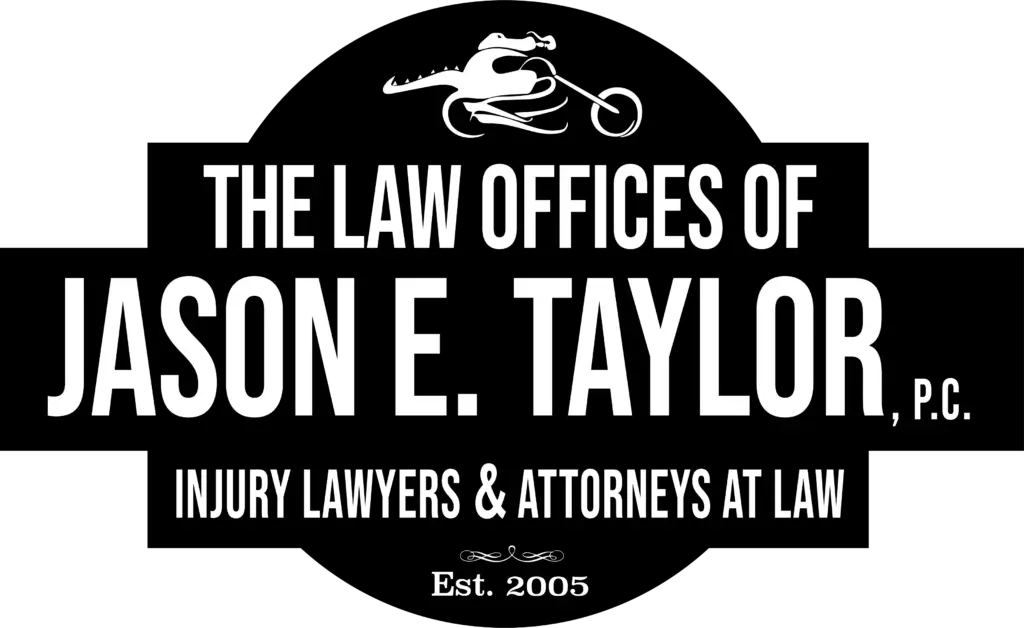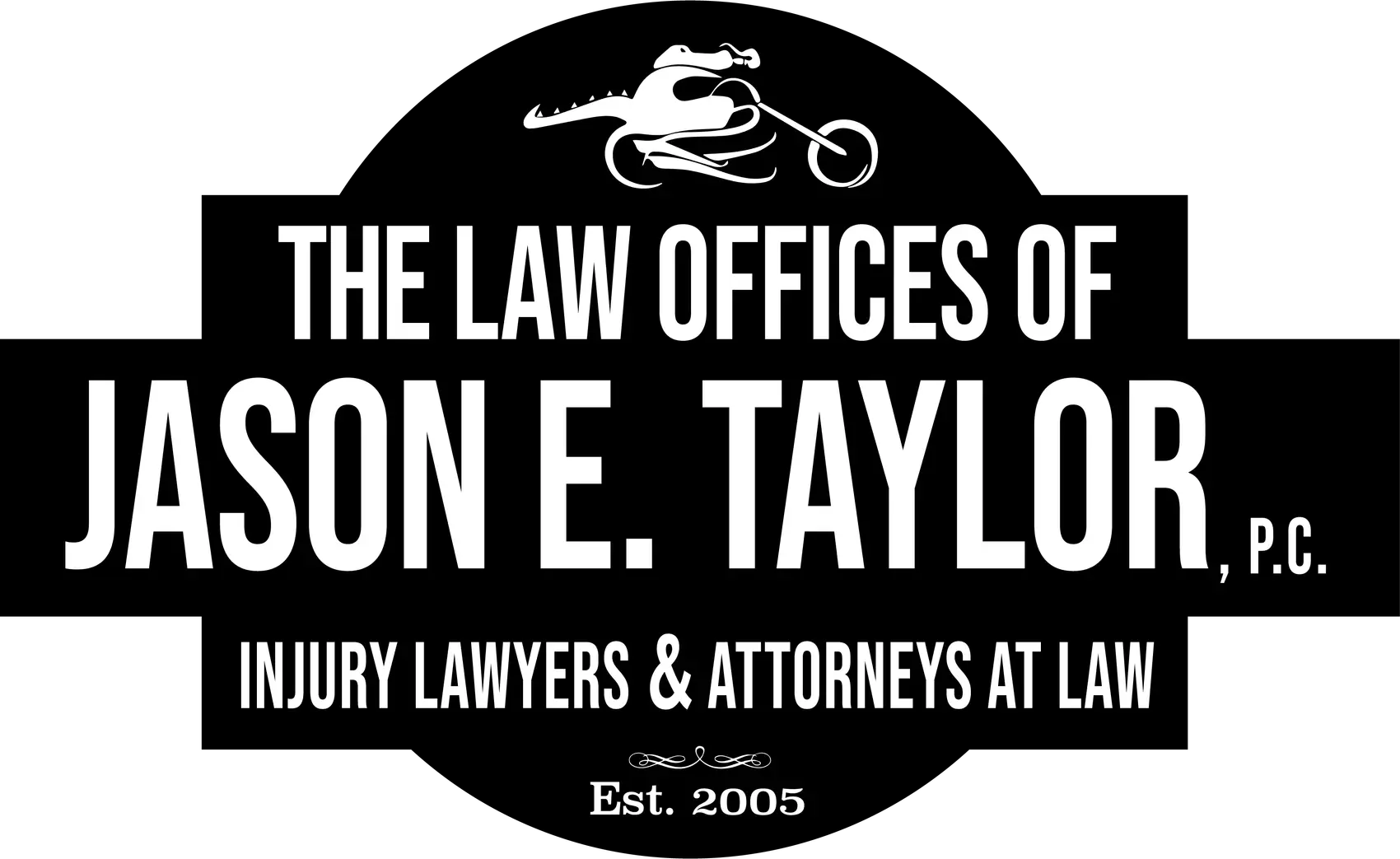The amount of settlement that you receive after an accident predominantly depends on factors surrounding your case. Based on these factors, your personal injury lawyer can manage your expectations and negotiate skillfully and efficiently, to help you get rightfully compensated.

Although each case is different and must be evaluated individually, the factors that most frequently affect personal injury settlements are:
The Severity of Your Injuries
The more severe injuries you incur, the more significant settlement you may receive. Also, hard injuries like spine damage, limb amputation, joint injuries, or broken bones usually raise the personal injury settlement value compared to soft-tissue injuries such as bruising and sprains.
Similarly, if you experience permanent disability or injuries like disfigurement, brain trauma, permanent loss of use of a part of the body, then you may be awarded a larger settlement.
Disruption
Another factor that can impact your personal injury settlement is how the injuries disrupt your life quality. For instance, some injuries may make it extremely difficult for you to carry out routine activities like standing, sitting, or walking. Similarly, some accidents may make it impossible for you to travel, work, or play sports. Thus, when injuries from an accident drastically affect the victim’s daily life and routine work, they may result in a larger personal injury claim.
Medical Cost and Recovery Time
Along with the medical care cost, the type of medical care you receive for the injuries incurred can predict how much compensation will be given. The victim may receive a high settlement value if the treatment involves multiple reconstructive surgeries, doctors, and hospitals instead of chiropractors and physician assistants.
Likewise, the recovery time also matters. A more extended recovery period entails significant follow-up appointments and medical treatment prescriptions; thus, they may have higher settlement values. The injury that requires a long time to heal can convince the insurance adjuster that the prolonged treatment was proof of their injuries’ seriousness.
Liability
So far, the factors discussed above are related to the impact of the alleged injuries. However, what’s also important to address is whether the defendant is even liable for the damages. The certainty with which your personal injury lawyer can prove liability can significantly impact your personal injury settlement value. Thus, settlements can hit a higher range in situations where the other side/defendant is clearly at fault.
However, more value may also be added if you have a seasoned personal injury lawyer for case representation. Such a lawyer can argue liability questions more effectively. A seasoned personal injury lawyer can investigate the case in detail and interview credible witnesses, thereby compiling appropriate evidence much needed to establish a strong liability case against the defendant.
Mental and Emotional Trauma
The pain that results from motor vehicle accidents, in most cases, often goes beyond physical injuries. Indeed, in the aftermath of a vehicle accident, the mental and emotional trauma in the form of depression and anxiety can be equally debilitating. It is safe to say that everyone experiences some degree of emotional distress after a motor vehicle accident.
The manifestation of emotional distress is often varied and long such as sleep loss, fear of driving, anxiety, agoraphobia, and depression. These are some distressing and real emotional conditions that an individual can experience after a severe car accident.
However, emotional and mental distress is a subjective type of damage. Thus claims for emotional distress can often be met by skepticism. Therefore, you will need to provide clear evidence of persistent and significant emotional distress for it to contribute to your personal injury settlement value. For this, you will have to gather proof of emotional damage. Thus, seek input from licensed and reputed mental health professionals. They should testify to an accident’s long-lasting psychological effects on the victim and comprehensively document how emotional trauma impacts their lives.
It’s essential to understand that your settlement’s value may come from the amount of pain and suffering, loss of normal body functioning, and mental anguish that you can’t live a regular life anymore. But unlike economic damages like lost income and medical bills, there is no simple way for calculating non-economic damages.

Establish Negligence of Defendant
Another factor that can impact your injury settlement is proving the defendant’s negligence in your situation. A prima facie case of negligence consists of four elements:
- Duty (the obligation to protect another against unreasonable risk of injury)
- Breach (the failure to meet that obligation)
- Causation (a close causal connection between the action and the injury)
- Damages (the loss suffered)
You must establish all these elements of negligence with substantial evidence. You must successfully prove actual harm and complete the requirements of liability for negligence.
Schedule for a Personal Injury Consultation
At The Law Office of Jason E. Taylor, P.C., we practice primarily in personal injury cases. Contact us for a free case consultation. Discuss your case with us, and we’ll advise you on the legal courses of action that suit your situation.
Our experienced personal injury lawyer in North Carolina will work relentlessly to protect your rights and fight to get you the fair settlement that you deserve. From case investigation to evidence collection, establishing liability, and negotiating with the insurance adjuster, we assist and represent you at every stage of the legal process while focusing on your recovery. We strive to provide you with a stress-free legal process and work in your best interest to pursue the compensation you’re entitled to. Contact us today. Let us represent you and fight for you to get justice.






